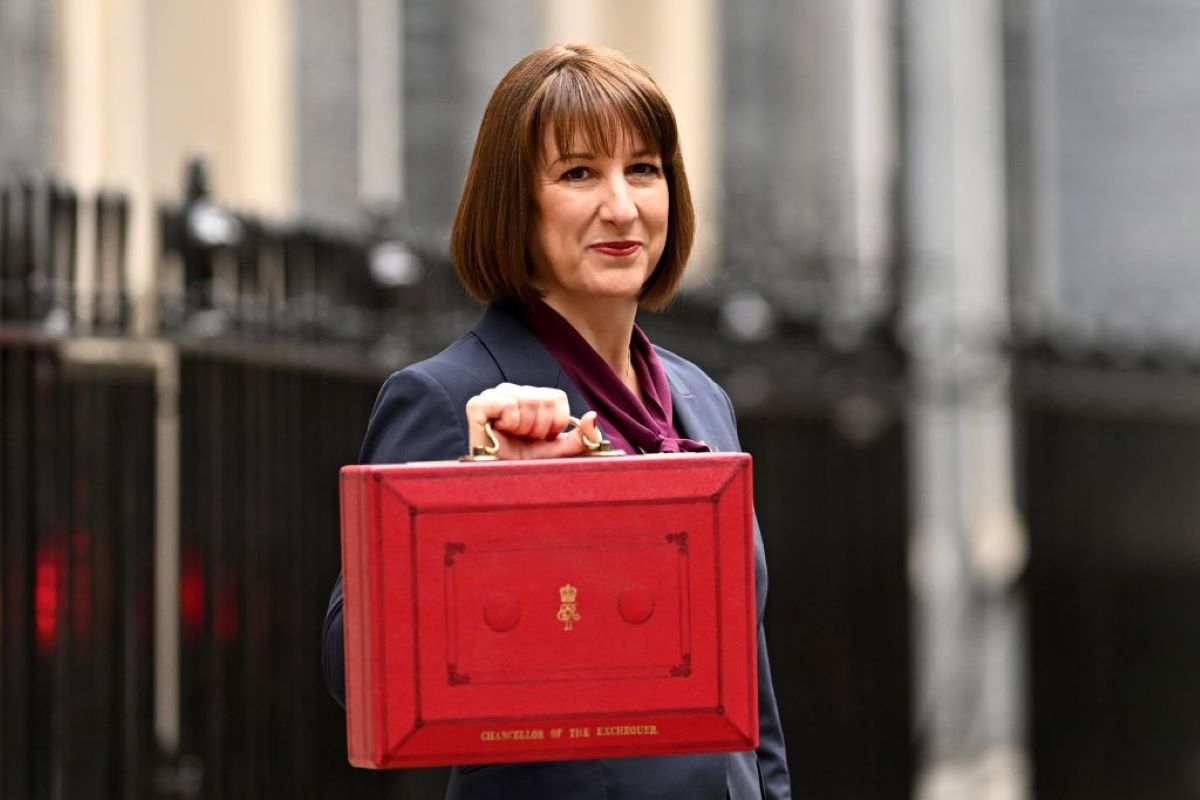Labour’s first Budget in 14 years - What's the impact?
Nearly 4 months after the general election, Chancellor Rachel Reeves finally delivered her eagerly anticipated Budget this afternoon.
It had been widely reported that there would be tax rises and speculation had been rife that pensions, capital gains tax and inheritance tax could be targeted to raise tax revenue following Labour’s manifesto commitment not to increase taxes on “working people”.
In the end, changes to all three of these areas were announced as Reeves looks to raise taxes by £40bn, though the changes were not to the extent that many had feared.
Arrange your free initial consultation
Capital Gains Tax
The main rate of Capital Gains Tax will increase for basic rate tax payers from 10% to 18% and for higher rate tax payers from 20% to 24%. This change will take effect immediately. Capital Gains Tax on second properties will remain unchanged.
There had been rumours that capital gains tax rates would be equalised with income tax rates, so the changes could be viewed as relatively modest compared to potential increases of this level.
Pensions
Investors will have been pleased to see that no changes were announced to the maximum tax free cash that can be taken from pensions or the tax relief available on pension contributions. However, it was announced that unused pension funds and death benefits payable from a pension will be included in the value of estates for inheritance tax purposes from 6 April 2027. This will affect individuals who were previously planning to leave their pensions to beneficiaries rather than to spend them in their lifetimes, though income taken from pensions in excess of tax free cash entitlements is subject to income tax and will then form part of the estate for inheritance tax purposes if not spent, so careful planning will be needed to ensure funds are not taxed twice.
Inheritance Tax
Aside from inherited pensions entering the estate for inheritance tax purposes in 2027, there were a couple of additional changes to inheritance tax rules.
Firstly, the freezing of the nil rate band (£325,000) and Residence Nil Rate Band (£175,000) until 2030 was announced. For reference, the Residence Nil Rate Band is generally available when a main residence is passed to direct descendants and this, combined with the nil rate band, generally gives married couples £1m which can be passed to direct descendants inheritance tax free on the second death of them both.
Additionally, there had been rumours that the inheritance tax break on shares listed on the Alternative Investment Market (AIM), if held for two years before death, would be scrapped. However, the Chancellor instead took a ‘half way’ approach by introducing a 20% inheritance tax rate in respect of these shares.
The Chancellor also announced changes to two lesser-known inheritance tax reliefs, Business Relief and Agricultural Relief, which will now be subject to a 20% inheritance tax charge on qualifying asset values over £1 million.
Income Tax, Employee’s National Insurance and VAT
As expected there were no increases in these three areas given they affect “working people”. However, with income tax bandings already frozen until 2028, there was an expectation the Chancellor may extend this date, but this did not prove to be the case, as the Chancellor confirmed the freezing of these bandings would end in 2028.
Given the above changes were not to the level expected, how has the Chancellor raised £40bn?
Employer’s National Insurance
A large proportion of this £40bn (an estimated £25bn) will be funded by a large increase in employer’s National Insurance contributions from 13.8% to 15% and a reduction in the threshold from which these are paid from £9,100 to £5,000.
Stamp Duty on second properties
Landlords will be disappointed to see the stamp duty surcharge on second properties increasing from 3% to 5% with effect from 31 October.
Non-Dom tax status abolished
As expected, the Chancellor confirmed Labour’s plans to abolish “non-dom” tax status.
Overall, after weeks of speculation, the tax rises announced in the budget were not to the extent that many had feared. Individuals with pensions will be relieved to see no reduction in their maximum tax free cash entitlement and no change to the tax relief they can receive on pension contributions. Investors may also feel increases in capital gains tax rates could have been worse. Instead, businesses were left to fund the majority of the tax rises through their National Insurance contributions.
However, these changes to inheritance tax, pensions and capital gains tax rules will mean financial plans will need to be revisited. To discuss the implications of the budget for your personal financial situation, please contact your TPO Independent Financial Adviser.
Arrange your free initial consultation
The Financial Conduct Authority (FCA) does not regulate estate planning or tax advice.
This article is intended as information only and does not constitute financial advice.
The opinions shared in this article are solely those of the individual and they do not necessarily reflect those of The Private Office.
The information contained in this article is based on our understanding of legislation, whether proposed or in force, and market practice at the time of writing. Levels, bases and reliefs from taxation may be subject to change.

